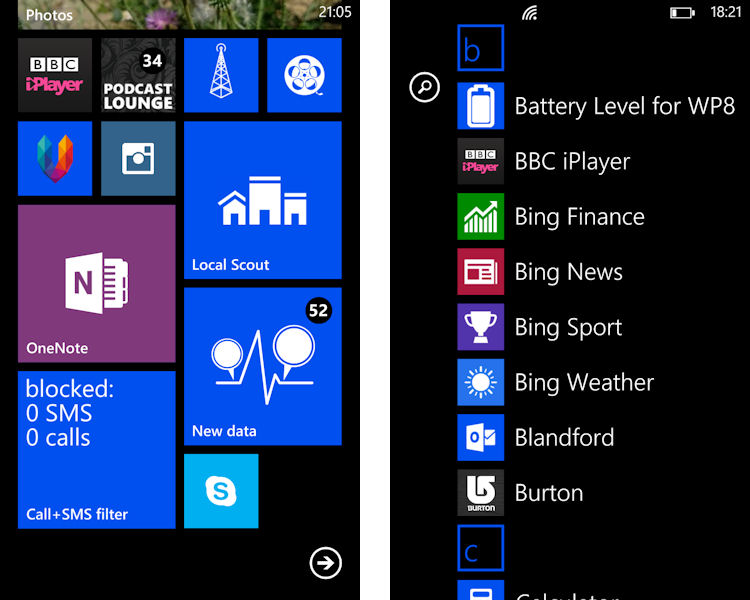Microsoft made the announcement at its Build 2014 developer conference in San Francisco, along with that of Windows Phone 8.1. The dropping of license fees should certainly have some impact, it's a topic that we've chatted about before, notably here:
"... is considering offering free-to-license versions of Windows Phone of Windows RT to device manufacturers. In this scenario the loss of revenue from licensing would be offset by the inclusion of ads (e.g. in search results) and the promotion and sale of associated Microsoft services (e.g. SkyDrive space, Office apps, and more).
Microsoft currently charges a licensee for both platforms that covers both the operating system itself and a number of licensing and patent agreements associated with the implementation of mobile device software and hardware. The underlying assumption is that eliminating the license fee would encourage device manufacturers to release more products running the mobile versions of the Windows platform.
Microsoft does not publicly disclose the amount it charges per unit for the Windows Phone licensee fee, but it is thought to be significantly more than the amount Google is thought to make per Android device (estimates for which range from $2 to $10). Microsoft, with its wide range of services, would have a number of revenue avenues to pursue, but a move to subscription services has the potential to alienate loyal consumers. Microsoft is already experimenting with in app advertising in its Bing apps and pay for upgrades for SkyDrive space and Skype Out bundles already exist. However, these would likely need to be more deeply integrated into the platform if sustainable revenue levels were to be achieved.
Practical details are sketchy at present, but it would certainly be a good move to change manufacturer attitudes towards Windows Phone in general and may be just what is required to convince manufacturers to look at Windows Phone again, even in the light of Microsoft's (almost completed) acquisition of Nokia's Devices & Services business.

